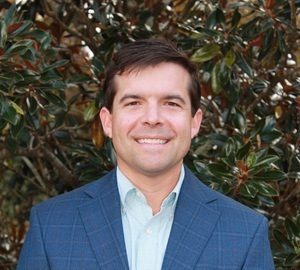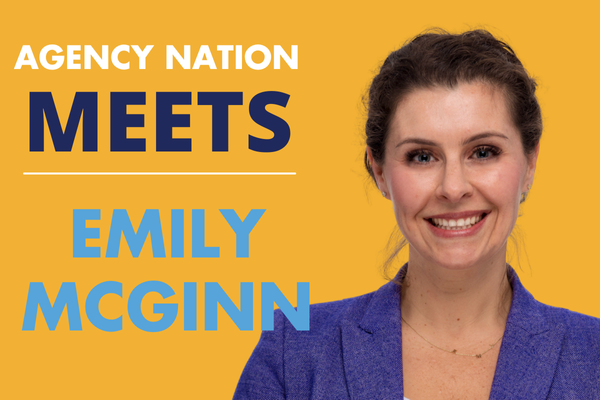The 4-Step Program: Your Recipe for Marketing Success

By: Michael Katz
“It smells like burning metal.”
I haven’t done any research, but I’m almost certain this statement is not among the top three things you hope to hear from your wife regarding the microwave oven in your kitchen. I promised to give it a look when I got home that night. So I did—not that I had a clue what I was looking for.
Still, I felt a certain obligation to at least open the door and gaze inside. You know, the way you do when your car starts making funny noises and you pop the hood to have a look, hoping that low wiper fluid—the extent of your car diagnostic wisdom—is somehow the cause.
After my unsuccessful investigation, an associate at an appliance store informed us a 20-year-old microwave was well past its useful life and not worth fixing. A few days later, we went shopping and found a new microwave.
Of course, that’s the easy part. Any fool can buy a microwave oven. The tricky part is hanging it above the range so it doesn’t come crashing down one morning while you’re trying to heat up the oatmeal your doctor keeps telling you to eat.
And so I got to work. Two hours later—what I now consider a miracle of burning-bush caliber—I was successful. The bracket fit securely to the wall, the holes I drilled lined up and, with the help of several family members, we hoisted it up and sent it off on its maiden voyage: a cup of tea.
Was I excited? No. I was elated, jubilant, a’tingle! My wife accused me of “prancing around the kitchen” and my teenage children rolled their eyes so many times I feared for their long-term vision.
The next morning, I was still in a state of quasi-euphoria. For the two days we went without a microwave, I felt like I was living off the land. It felt good to have completed something so important and a bit out of my admittedly unimpressive technical comfort zone.
The key word in the preceding sentence: “completed.” Completion brings an unmistakable energy that propels you into the next activity. Without it, things can be a slog.
This applies to your solo professional marketing just as much as it applies to your kitchen. Without completion, marketing can also be a slog. That’s what makes 21st-century marketing so frustrating for so many solos: There are too many choices.
Think about it: 15 years ago, your marketing strategy included putting an ad in the local paper, attending a monthly networking dinner and sponsoring the Boy Scouts. If you were really ambitious, maybe you mailed out a quarterly newsletter. After all, solo professionals didn’t have many options.
Today, the options are endless, and so is the time frame and frequency required. Completion?! How can you complete your marketing when you know you can always get involved in one more activity? You can’t—at least not if you view it that way.
Instead, I recommend adopting a four-step program. Pick four marketing activities you will do regularly and well. Then commit to them. When you’ve accomplished those four steps, you’ll feel that sense of completion—and all the benefits that go with it.
Try to find four marketing strategies that work for you. Mine include:
- Scheduling one face-to-face meeting per week.
- Sending 100 snail mail cards to 100 people each month with a “solo professional marketing tip.” I use and recommend Send Out Cards.
- Sending regular emails to about 350 friends and colleagues a few times a year to say hello and stay in touch.
- Sending an e-newsletter, every other week, to any human or land-based mammal who wants one.
Do I tweet? Sure. LinkedIn? Regularly. Attend networking meetings, post on blogs, submit articles I’ve written to other sources, send birthday cards? Yes, yes, yes. Tell me your birthday—I’ll send you one.
But here’s the key: The tasks in my four-step program are the only ones I worry about. Everything else is optional and supplementary. The result? A sense of completion. I can shut down my computer at night knowing I’ve done my marketing, without wondering what else I could have done.
Prancing optional.
Michael Katz, a Boston-based marketing consultant and founder of Blue Penguin Development, specializes in developing email newsletters for professional service firms.










